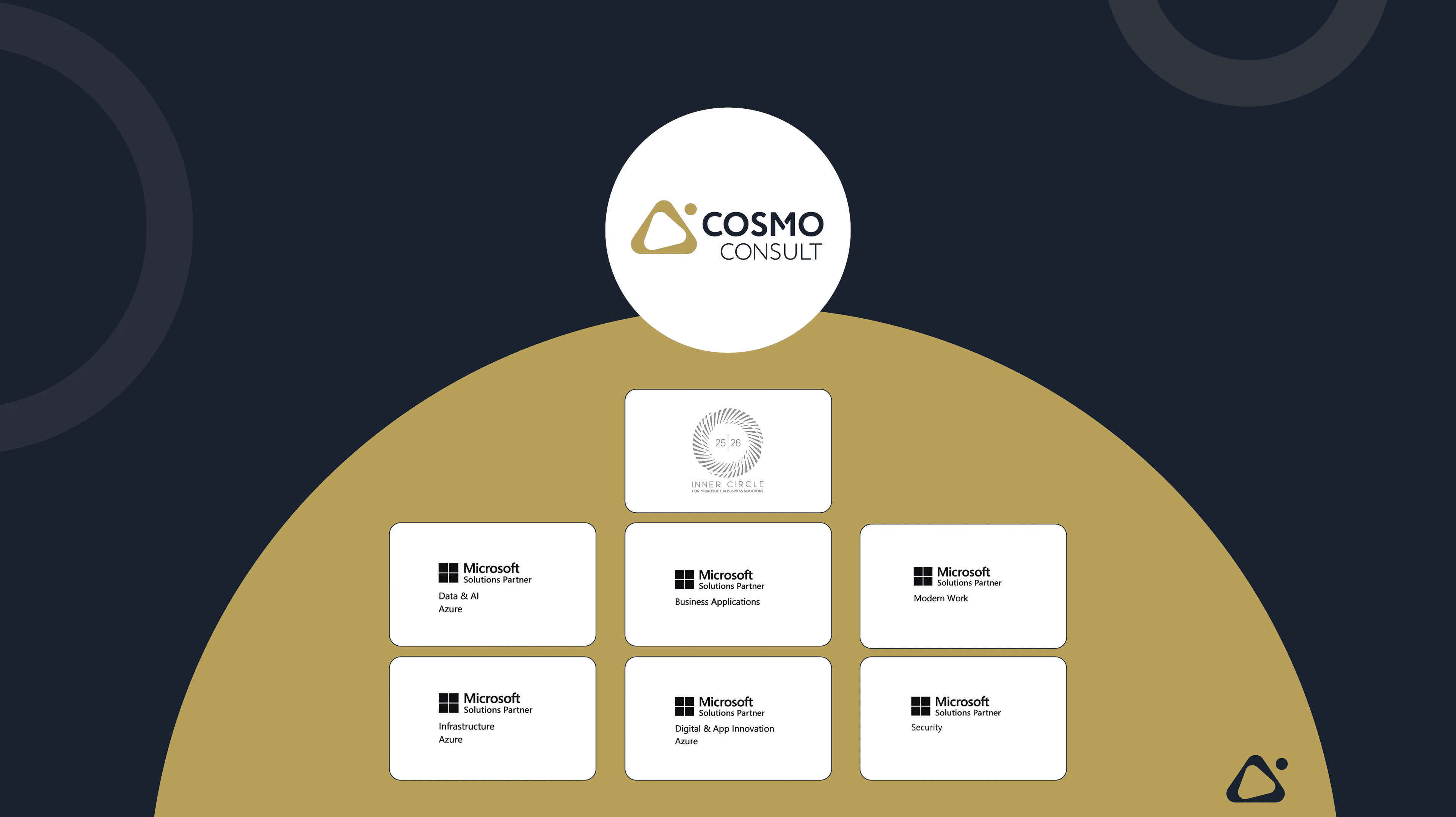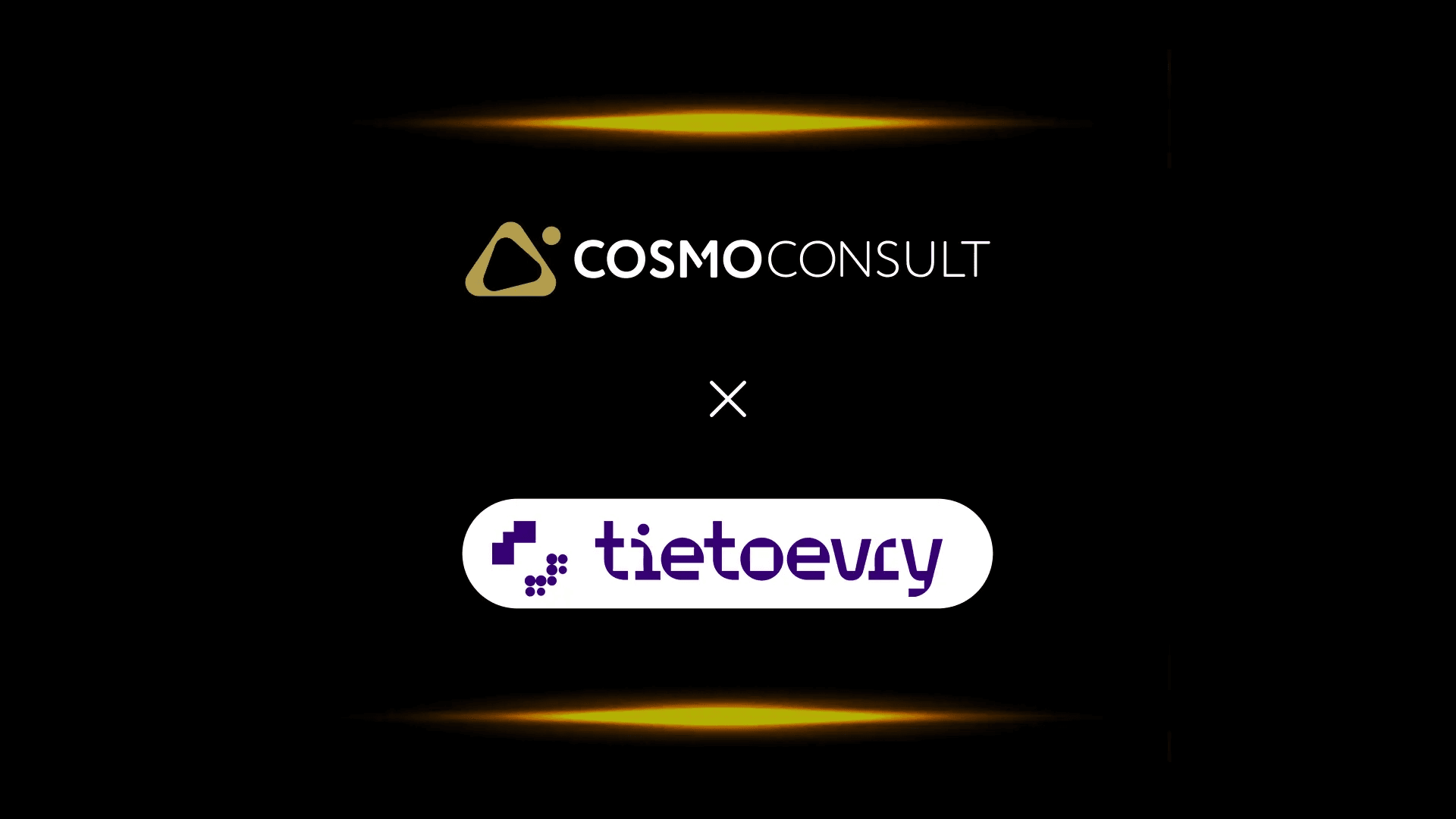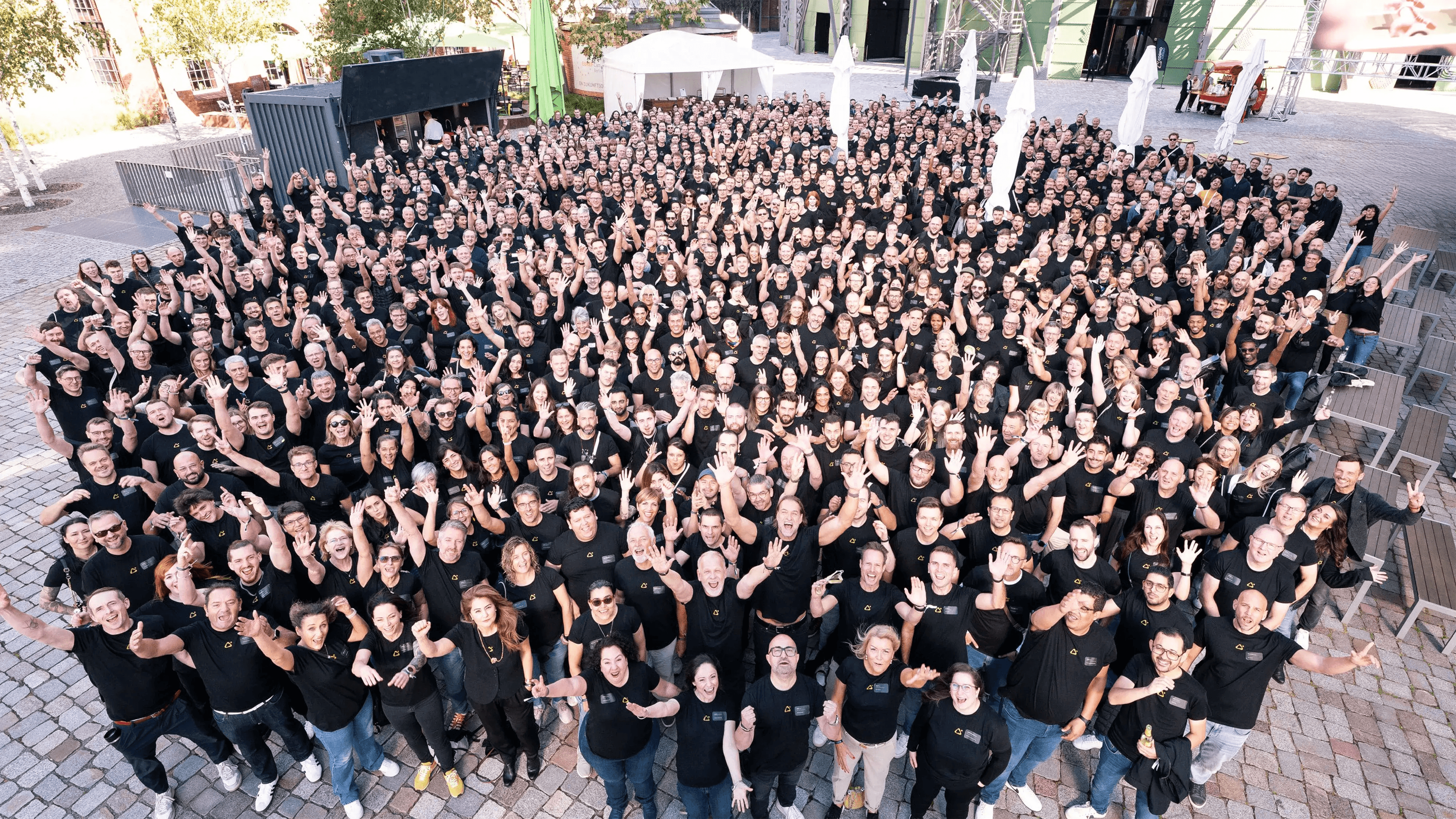
The future is going digital. Nothing can change that. The basis for the successful implementation of innovative IT plans is certainly the digital transformation. What does an IT service provider have to do now to optimally support their customers in their development and achieve their greatest possible success? What must ERP providers and other software manufacturers, IT service providers, and consulting companies prepare for?
Uwe Bergmann, CEO of COSMO CONSULT Group, Europe’s leading Microsoft Dynamics partner and global provider of end-to-end solutions, believes that an IT partner needs to support their customers in two ways: “On the one hand, we have to provide modern, sophisticated information technology tools so that our customers can play a leading role in their industry. In addition, there is a considerable need for consulting.” Gartner forecasts that by 2020 more than 50 percent of the IT costs will be consumed for integration because many more systems need to be merged due to the digital transformation. The Cloud topic gets a much greater weight in this context, because so many systems and functions are much easier to integrate there.
Out: We have always done it that way
That’s why Gartner announced the postmodern ERP and thus something of an end to the classic ERP systems which are expensive, often inflexible in operation and lose their ability to be updated due to many adaptations. While the classic on-premise ERP system will still be at the center, many other systems, such as for the HR, CRM or marketing areas, will be connected to it. All in all, digitalization and digital transformation represent a very complex project that requires not only exceptional IT skills, but also rethinking or a whole new business perspective.
Bergmann knows: “Efficiency and productivity are already in the DNA of our customers today, but digitalization has a lot of potential. A general change process is required. ‘We have always done it that way’ will be a death sentence in the digital future. Therefore, competent external consulting for the development of an overall IT strategy is a significant contribution to securing your existence and future – the sooner the better.” Office 365 is now more than just Word, Excel and PowerPoint, it is a real business software which Cosmo supplements with special industry solutions and additional solutions to further enhance the use of the software. That is why the COSMO CONSULT Group (not least, a repeated member of the Microsoft Inner Circle) considers itself to be a consultant and companion in the digital future for all industries due to its worldwide experience in the field of Microsoft Dynamics.
In: Orientation towards the future
Of course, the digital transformation cannot be implemented as some kind of big bang in any company. Many will limit themselves first to the modernization of existing IT systems or the introduction of new digital technologies in order to achieve initial process optimization. But even there, a consulting firm with a corresponding IT background and technical expertise such as COSMO CONSULT should be the first choice, for example, to create state-of-the-art IT structures in various industry sectors including the service industry or e-commerce and to build forward-looking digital platforms. International markets are changing, digitalization and globalization are increasing the competitive pressure, cooperation is gaining in importance and enterprise software only has a certain half-life, so that, without continuous modernization, it quickly no longer meets current requirements and eventually dies – in the worst case with the company.
Bergmann’s colleague Gerrit Schiller prefers a certain path: “I recommend replacing it with standard software that can be flexibly adapted to specific company peculiarities through a variety of industry-specific solutions, such as those offered by COSMO CONSULT along with innovative solution concepts. The big advantage is that one participates in the regular innovations of manufacturers, which can bring significant competitive advantages in the digital world. I would definitely recommend innovative and investment-safe standard software.”
But always part of it: ERP
Legacy systems are usually more of a burden as well as a brake on innovation and, above all, hinder the digital transformation. In addition, according to a Lünendonk whitepaper on software modernization, the maintenance of legacy systems consumes 60 percent of a company’s total IT costs. But there are hardly any companies that have money to give away or permanently escape the digital revolution, without endangering their development or even existence. On the one hand, there are sufficient analysis methods to work out usage scenarios for legacy applications, to structure them and to define new ways. On the other hand, such legacy systems also always offer the opportunity to redesign the IT landscape of a company even more disruptively as the basis for a successful future, because the future will be digital, guaranteed.
In terms of the approach for all activities such as modernization, re-implementation or the introduction of new technologies, the ERP system forms the central trust area and the core where all important business processes take place and where all strings come together. “That’s why the area of analytics, for example, is best located in the ERP system according to our opinion. We develop IoT solutions that produce a wealth of data with a dedicated team. This processing takes place in our process structure in the ERP system,” explains Uwe Bergmann, citing another example: “Our customers are increasingly complaining about the emerging skills shortage. Hololens’ virtual reality glasses now allow an engineer at the office to assist the on-site technicians with on-site repairs. With these glasses, he can see what the technician is seeing right now on his computer. The entire communication is voice-based, so that the technician has both hands free.”
Today, we need more than just ERP systems. Gartner speaks of Post-Modern ERP, which can be composed of a whole range of other components, which also do not always have to come from the same source. This is how the COSMO CONSULT CEO summarizes it: “We can offer new technologies and the orchestration of these technologies and we can provide advice and assistance on new topics. But the realization and the will have to come from the customer. We will continue to operate the classic ERP system for customers who do not like the new approaches. But I believe that in the long term you will not be able to escape the changing world of business and society.”
The interview was published in the manage-it magazine (Germany)
Keywords
More similar news articles
Found what you were looking for?
Start your intelligent search now



